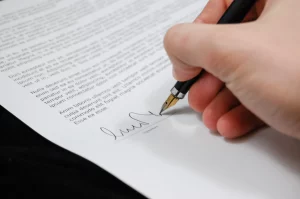You’ve likely heard of the Conveyancing allowance if you’re a teacher. But did you know that it’s not tax exempt? You might even be wondering how to claim this money. It is a grant from the government that you receive through your school. Fortunately, it’s not a requirement – in fact, you can request further information about the Conveyancing Allowance.
It is not tax exempt
A Conveyancing Allowance, also known as a transportation allowance or travel allowance, is an additional salary that an employer pays you for commuting or transporting to and from work. If the company you work for doesn’t provide transportation facilities or a Conveyancing Melbourne allowance, the allowance could be tax-deductible in India. The allowance amount cannot conveyancing coburg the exemption limit. If the allowance exceeds the exemption limit, it can be taxed.

The conveyance allowance is exempt from tax, but any savings that you make by using the money will be subject to tax. The government offers the allowance to employees who travel extensively. The transportation expenses of all employees fall under the conveyance account. The conveyance allowance is exempt from tax if you are a member of UPSC or the chairman of the board. The limit is Rs 19,200 per year.
It is paid in arrears
The Conveyancing allowance is a monthly payment that the government provides to families who need to drive their vehicle for school-related purposes. To be eligible, you will need to submit a student attendance report. You will receive payments for one school term in arrears, and two school terms will not be reimbursed. Usually, payments are made electronically.
Paying in arrears means that the compensation you receive is delayed – it’s when the terms of the contract have not been met. Generally, this means you’ll pay your employees three to five days after the pay period ends. This makes payroll easier to manage, and many small businesses have switched to arrears payments. These tips will help you to receive this payment schedule.

